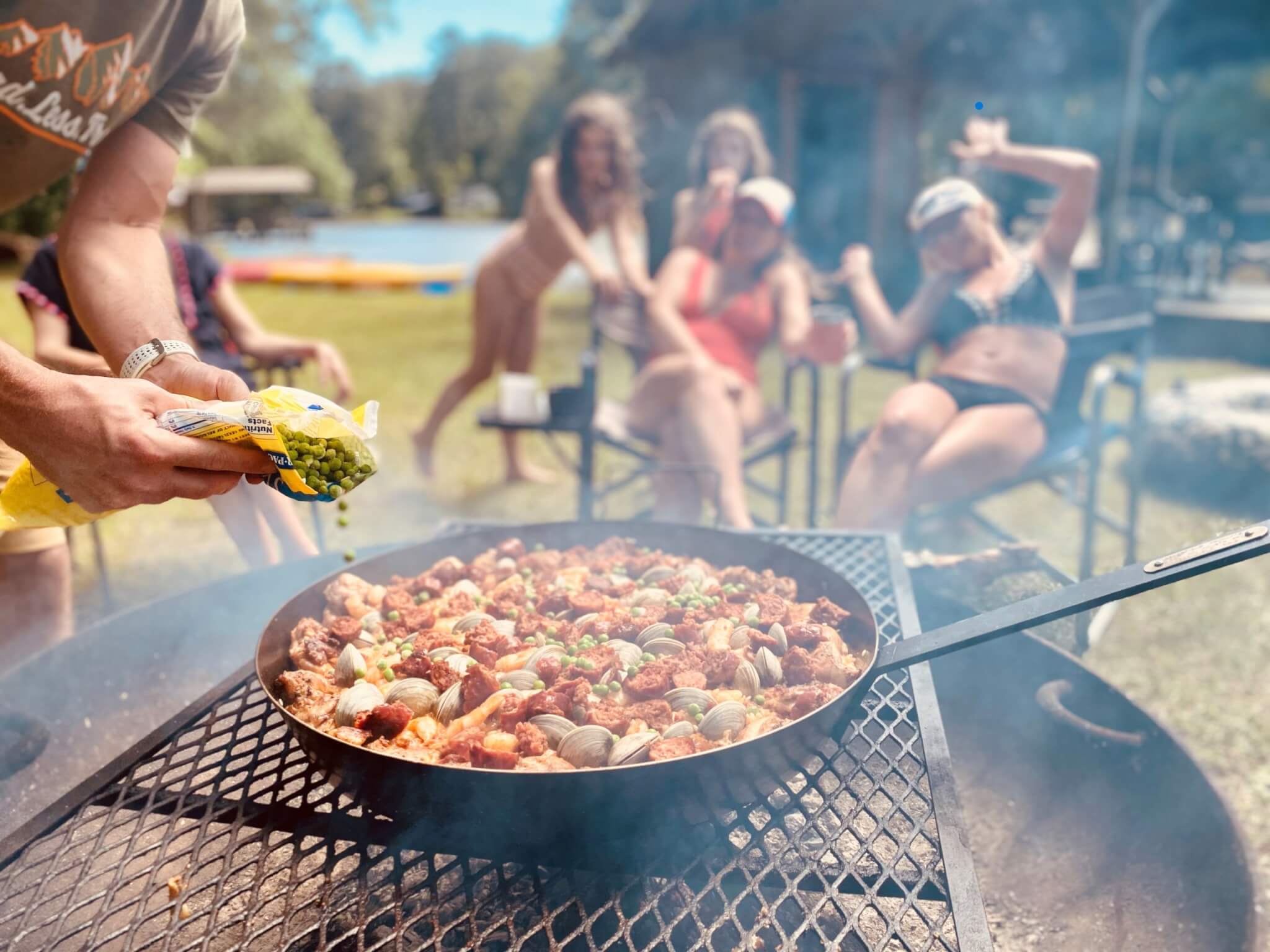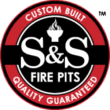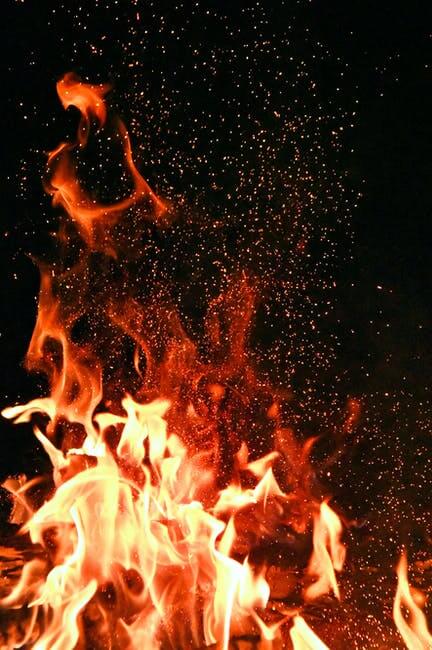
Long before you light the first match for your outdoor fire, you need to check with your local authorities to see what types of fires are permitted where you live. You are likely to find that the vast majority of municipalities have their own rules, regulations, and guidelines with regard to the different types of open fires, fire pits, and burn barrels you are allowed to use in your backyard. Open fire safety rules cover many things, including the following:
- The type of fire pit or burn barrel you can use
- The size of your fire pit, fire ring, or burn barrel you can use
- The types of materials you may and may not burn
- The times of year you can have an open fire in your backyard
- The times of day you can burn
- Whether or not you need a permit
To learn how to be a responsible fire pit owner and not fall afoul of the rules, read on to understand more about having fires at home legally and responsibly.
Different Types of Backyard FiresThere are different types of open fires, each of which has a different purpose, but all of which you may find yourself using at some point. Each of these types of outdoor fire has its own set of open fire rules and safety requirements ranging from what you can burn to the type of container or fire ring you can use to burn them.
- The Recreational Fire: This category includes bonfires, campfires, and any type of backyard fire burning in a fire pit. These are among the most heavily regulated in some cities, and conversely among the least in others. Typically, these fires burn wood and are short term in duration. Most people light these fires early in the evening and then let them burn low before going out at the end of the evening. Unfortunately, they are among the most abused as people tend to make them too big or fail to fully extinguish them when it is time to go in.
- Leaf and Yard Waste Fires: Many people who have large gardens and yards will burn their leaves and yard waste in a bonfire. This type of fire is particularly prevalent in areas where there are no scheduled leaf and yard waste pickups. While this is a great way to get rid of your yard waste, most cities have very specific regulations regarding placement of this type of fire. Leaf and waste fires tend to be extremely smoky, making them a nuisance to your neighbors and any surrounding business. Because of this, you may be limited to certain days of the week or times of day when you can burn your yard waste.
- Cooking Fires: Most cities will allow you to have a cooking fire in your yard for the purpose of preparing your own foods, and preparing meals for a party or event. These fires are typically used for cooking foods such as hamburgers, hotdogs, game meat, and whole pigs. Since these fires tend to be small in nature they are easy to control and short term in duration.
- Heat Fires: In most cases, you will not be required to have a permit or license if you plan to use any type of space heater or salamander to provide heat outdoors. These devices can be used to provide heat for outdoor events, those who are working outside, or to heat buildings which are under construction. Since they are not open fires, they are fully contained and relatively safe to use.
Your Responsibilities as a Fire Pit Owner
If you are going to have any type of open fire, there are a number of responsibilities of which you must be aware. At the same time, there are a few courtesies you should show your neighbors to reduce the chances of them becoming upset. Since any type of open fire can cause smoke, odor, floating debris, and the risk of spreading fire, observe the following any time you plan to have an open fire in your backyard:
- Burn only approved materials
- Avoid toxic materials or those that can create toxic byproducts when burnt
- Never burn when the wind will blow any smoke into your neighbor’s homes
- Obtain a license when required
- Burn only during approved times and months
- Never leave your fire unattended no matter how well contained
- Always fully extinguish your fire and spread the ashes to cool
What Can Happen if You Do Not Follow the Rules
Since practically every municipality has open fire safety rules and regulations regarding outdoor fires, it only stands to reason that they also have a number of penalties for those who fail to follow them. These rules have been created to help ensure that everyone will do their best to have a safe fire, but that their fire does not cause any type of collateral damage or nuisance to anyone around your fire. Among the most common penalties are:
- Citations
- Fines
- Bills for calling out the fire department
- Bills for damage caused by your fire
- Loss of your permit or license to burn.
As long as you obtain any necessary permits or licenses and follow all of the published guidelines, you should be able to have a very successful and safe fire. Take the time to prepare your burn site very carefully and ensure there is not any burnable vegetation in the area. Be sure to have a garden hose or fire extinguisher on hand just in case your fire tries to get out of control. Remember to completely extinguish your fire before leaving it to ensure it never has a chance to cause a wildfire. Your family and your neighbors are sure to appreciate all of your efforts.
A fire pit is the perfect solution to create outdoor ambiance and a fish point for your backyard space. But owning a fire pit is also a great responsibility. Enjoy your fire pit responsibly, and you should have no trouble. If you do, you will be completely prepared to handle and mitigate the situation.



